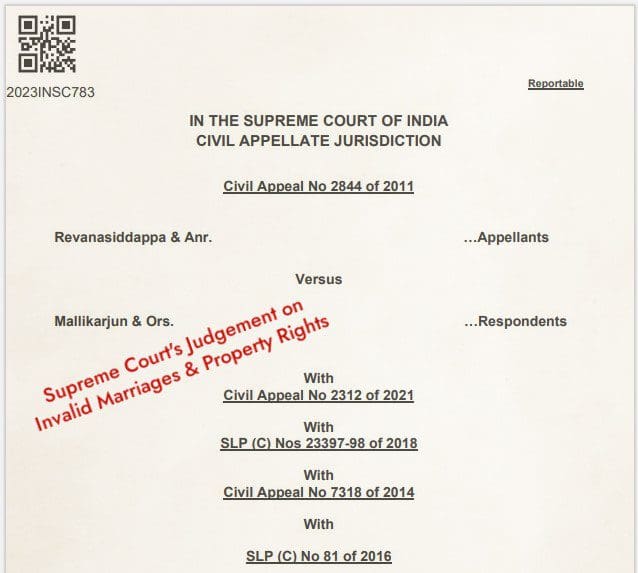No one wants to receive an audit notice from the IRS. While audits are relatively rare, they can be stressful, time-consuming, and expensive if you’re not prepared. The good news is that there are proactive steps you can take to reduce your chances of being audited. By following smart tax practices, maintaining accurate records, and staying compliant with tax laws, you can avoid unnecessary scrutiny from the IRS.
1. File an Accurate and Complete Tax Return
“Honesty and accuracy are your first lines of defense against an IRS audit.”
One of the biggest triggers for an audit is filing an inaccurate or incomplete tax return. Make sure you:
- Report all income: The IRS matches reported income with tax forms from employers, clients, and financial institutions (W-2s, 1099s, etc.). Missing income can trigger a red flag.
- Double-check calculations: Math errors can lead to inconsistencies that catch the IRS’s attention.
- Avoid rounding numbers: Use exact amounts instead of estimates to show precision.
- Include all required forms and schedules: Missing forms can make your return look incomplete and invite further scrutiny.
2. Don’t Claim Excessive Deductions
“Deductions are valuable, but claiming too many can raise eyebrows.”
While deductions help lower your taxable income, taking unusually large or disproportionate deductions compared to your income can make the IRS suspicious. Be mindful when claiming:
- Home office deductions: Ensure your workspace meets the IRS criteria—exclusively and regularly used for business.
- Business expenses: Keep receipts and justify business-related costs to avoid claims being challenged.
- Charitable donations: If you claim high donation amounts, have receipts and proper documentation, especially for non-cash contributions.
- Medical expenses: Only deduct expenses exceeding 7.5% of your adjusted gross income (AGI) and maintain detailed records.
3. Avoid Excessive Use of Schedule C (Self-Employment Income)
“If you’re self-employed, the IRS pays extra attention to your tax return.”
The IRS closely monitors Schedule C filers (sole proprietors and freelancers) because of the potential for overstated deductions and unreported income. To minimize audit risk:
- Keep detailed records of income and expenses.
- Avoid classifying personal expenses as business deductions.
- Be cautious with high travel, meal, or entertainment expenses.
- Consider forming an LLC or S-Corp to reduce audit exposure.
4. Be Cautious with Cash Transactions
“Unreported cash income is a major red flag for the IRS.”
If you operate a business that deals primarily in cash (e.g., restaurants, salons, or freelance work), the IRS may scrutinize your tax return for underreporting income. To stay compliant:
- Deposit all cash earnings into your business bank account.
- Keep detailed records of all income and expenses.
- Issue invoices and request receipts for cash transactions.
5. Report Foreign Accounts and Assets Properly
“Hiding money offshore is a fast track to IRS scrutiny.”
If you have foreign bank accounts, investments, or business interests, you are required to disclose them through the Foreign Bank Account Report (FBAR) and Form 8938 (FATCA reporting). Failing to report foreign assets can lead to severe penalties and increase the likelihood of an audit.
6. File Your Taxes on Time
“Filing late or not filing at all can trigger unwanted IRS attention.”
The IRS automatically flags taxpayers who:
- File late returns without requesting an extension.
- Fail to file at all.
- Have inconsistent filing patterns year over year.
If you need more time, file for an extension using Form 4868 to avoid penalties.
7. Keep Proper Documentation for At Least Three Years
“Good record-keeping is your best defense in case of an audit.”
The IRS can audit tax returns within three years from the filing date (six years in cases of major errors). Keep copies of:
- Tax returns and supporting documents (W-2s, 1099s, K-1s).
- Business receipts, invoices, and bank statements.
- Mileage logs for business-related travel.
- Charitable donation receipts.
- Medical bills and records of deductions.
8. Use a Professional Tax Preparer or CPA
“A tax expert can help ensure your return is accurate and compliant.”
Hiring a Certified Public Accountant (CPA) or Enrolled Agent (EA) can:
- Help you navigate complex tax laws.
- Maximize deductions without triggering red flags.
- Ensure proper reporting and compliance.
- Represent you in case of an audit.
If preparing your own taxes, consider using IRS-approved software or tax preparation services to minimize errors.
Final Thoughts
While there’s no guaranteed way to avoid an audit, following these smart tax practices significantly lowers your risk. By filing an accurate and complete return, keeping thorough records, and being mindful of deductions, you can stay compliant and avoid unnecessary IRS scrutiny. A proactive approach to tax planning not only keeps you safe from audits but also ensures long-term financial stability!









